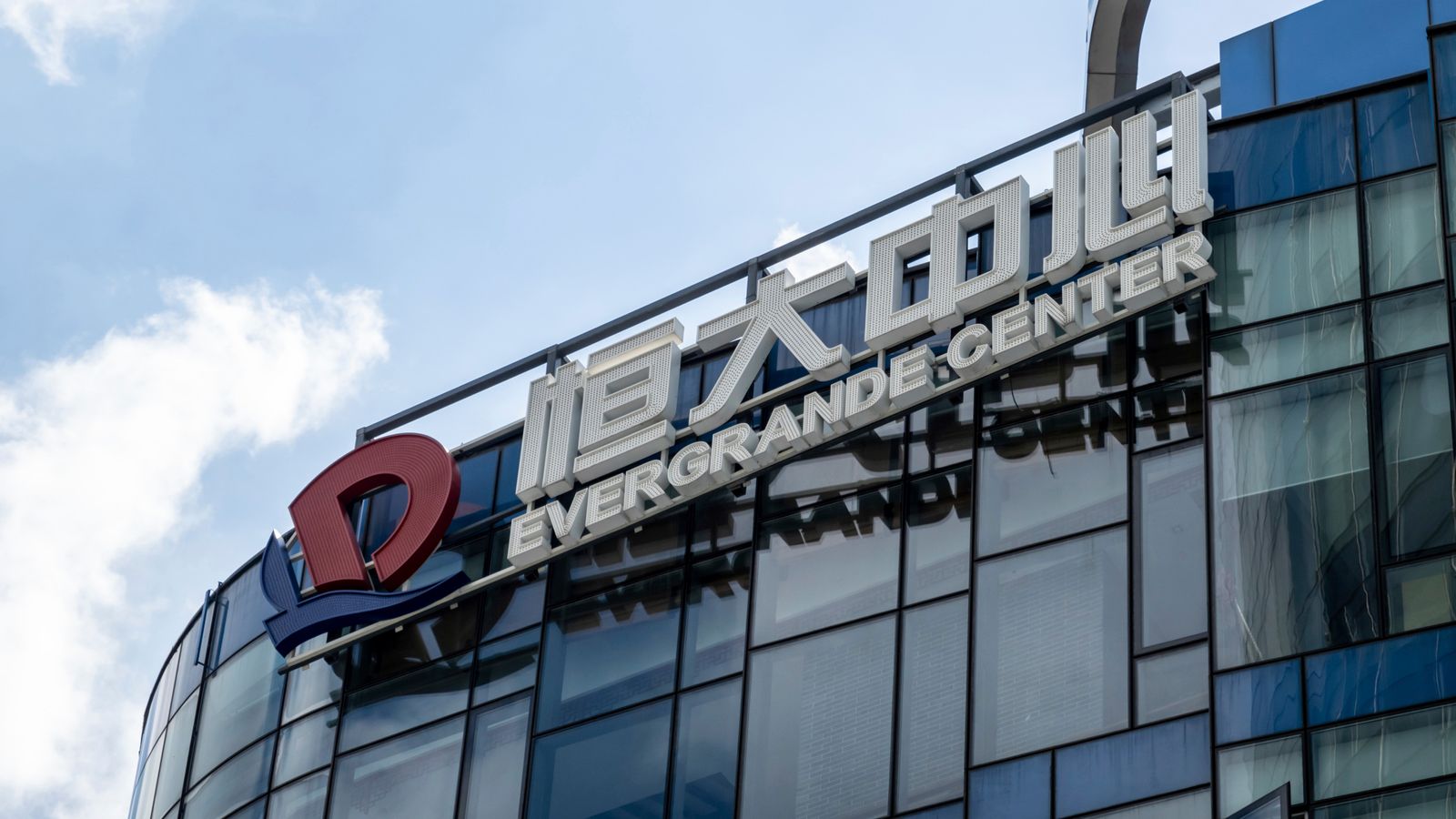Carol Yepes/Moment via Getty Images
The rising popularity of the GLP-1 class of anti-obesity medications developed by Novo Nordisk (NVO) and Eli Lilly (LLY) can expand the market for weight loss surgeries in the long run, Bernstein said in a research note last week.
Lilly (LLY) and Novo (OTCPK:NONOF) treatments marketed as Wegovy and Zepbound, respectively, for obesity, have long been cited as a reason for a decline in the number of bariatric procedures performed to help patients lose weight.
Citing a survey of 50 bariatric surgeons in the U.S., Bernstein analysts led by Lee Hambright noted that since the hype of GLP-1 drugs began, the average number of weight loss procedures has dropped ~11%.
Some of the leading operators in the market, including Intuitive Surgical (NASDAQ:ISRG), Medtronic (NYSE:MDT), and Johnson & Johnson (NYSE:JNJ), have indicated broadly similar observations.
Shares of Intuitive Surgical (ISRG), Medtronic (MDT), and ReShape Lifesciences (RSLS) came under pressure in October after JNJ CEO Joaquin Duato noted that GLP-1s are having at least a near-term impact on weight loss surgeries.
“We’re seeing some impact in our bariatric business in the short term. Some patients are reconsidering surgery, expecting to get treatment,” Duato said during the company’s Q3 2023 earnings call.
Despite some pressure on surgery volumes in the near term, Bernstein argues that there is still no consensus on the extent of long-term impact. “Concluding that the rise of weight loss meds will come at the expense of bariatric procedures may be jumping the gun,” they added.
While there are questions about the future demand for GLP-1s amid concerns about affordability, coverage, side effects, and long-term drug adherence, the analysts opined that weight loss surgeries are getting safer, quicker, more effective, and less costly.
On the other hand, GLP-1 drugs can make more patients eligible for bariatric surgery by helping them reach a safer BMI profile, according to Bernstein’s note on Friday.
“By helping very obese patients lose some weight, GLP-1 drugs not only reduce risk from bariatric surgery for such patients, but also help make them eligible for weight loss procedures they didn’t previously quality for because of their dangerously high BMI,” Hambright and the team added.
MedTech firms such as Stryker (NYSE:SYK), which operates in the knee surgery market, have indicated a “neutral to slightly positive” impact on procedure volumes as weight loss drugs help patients get to a safer BMI level.
On the other hand, the recent hype around GLP-1 drugs can increase public awareness of obesity as a chronic disease and inform patients about the entire gamut of treatment options, including surgery.
“In the end, GLP-1s might actually serve as a tailwind to bariatric surgery growth over the longer term,” Bernstein concluded.
More on Intuitive Surgical, J&J, etc.
#GLP1s #expand #market #weight #loss #surgery #Bernstein







